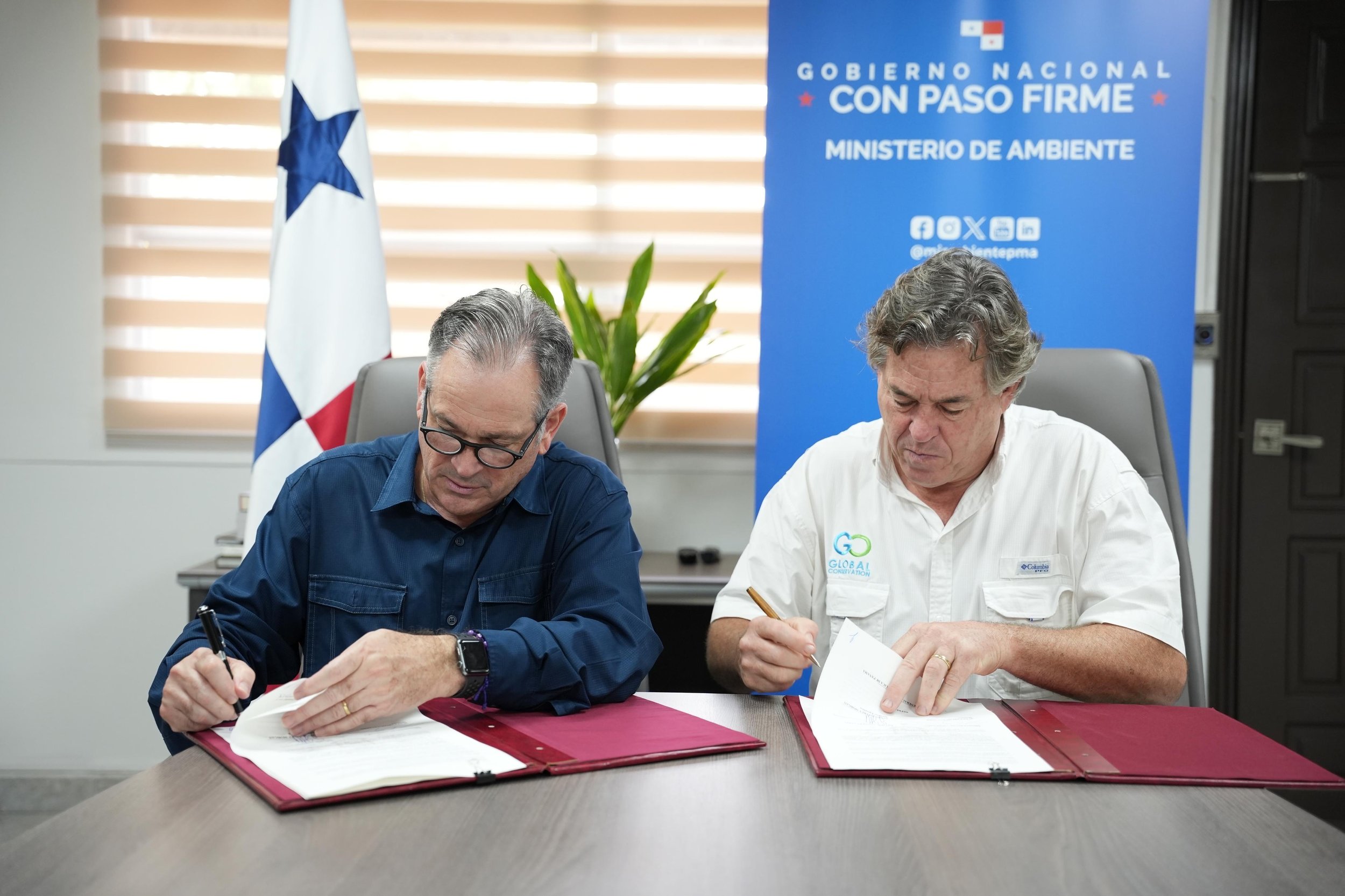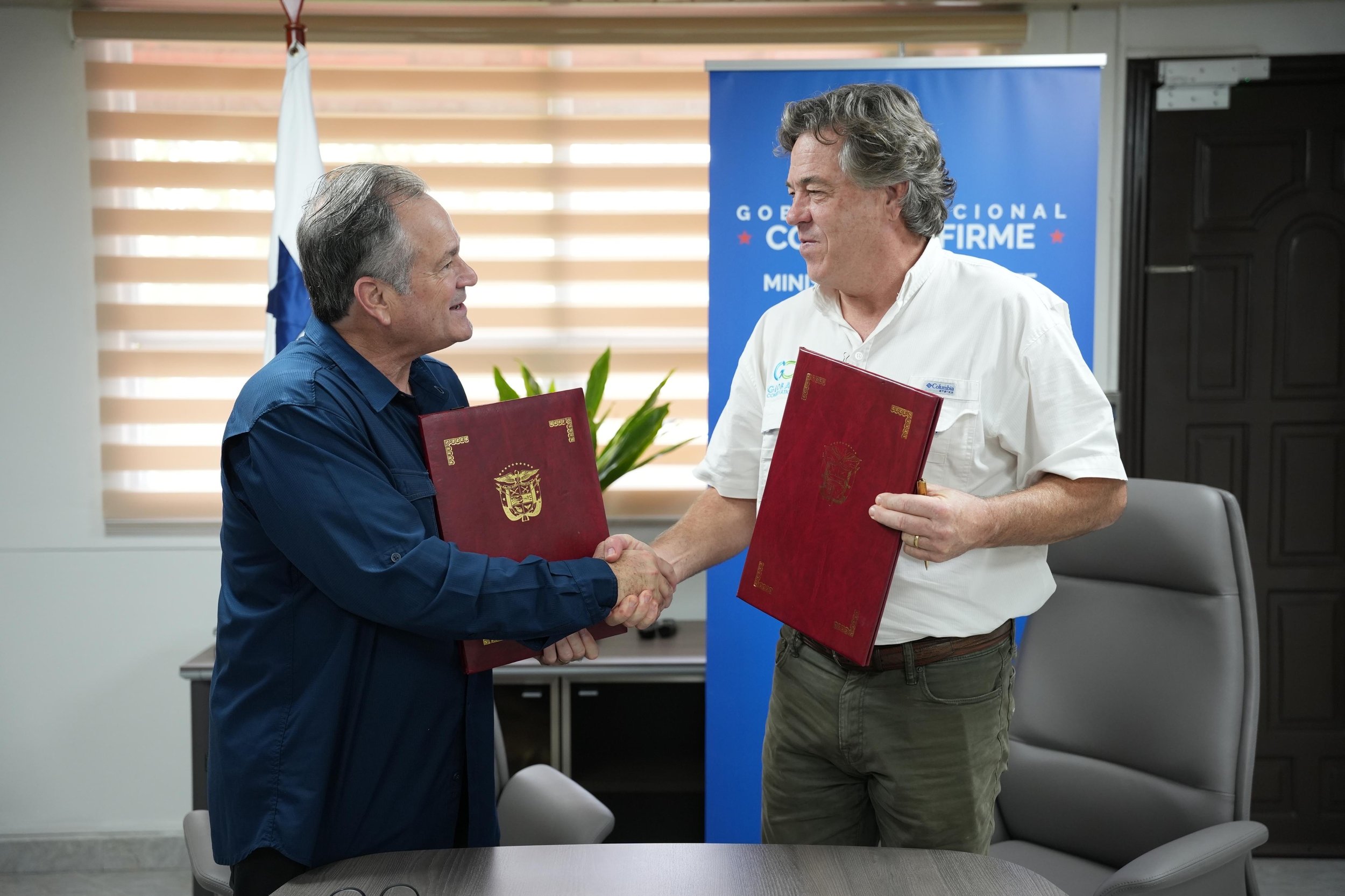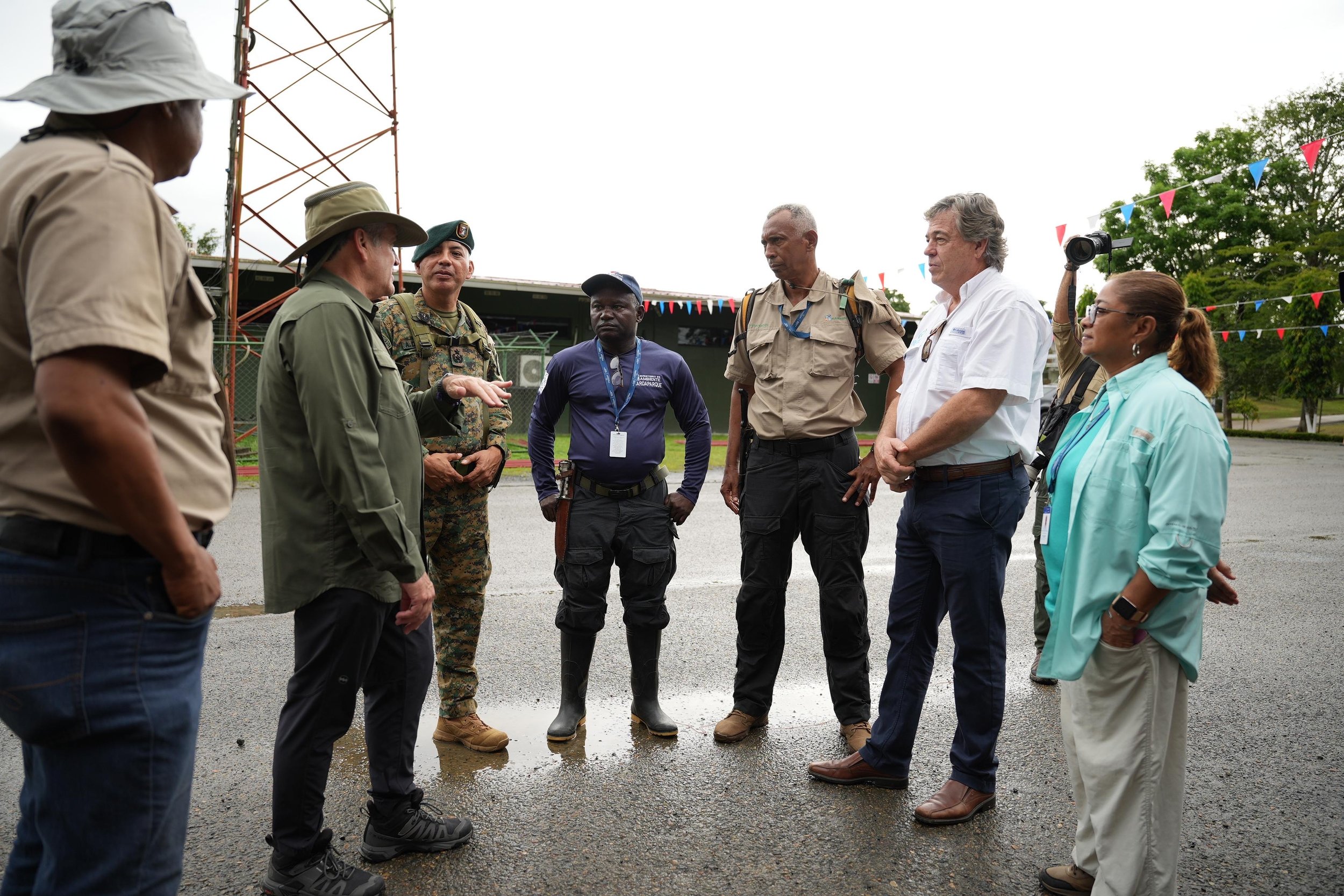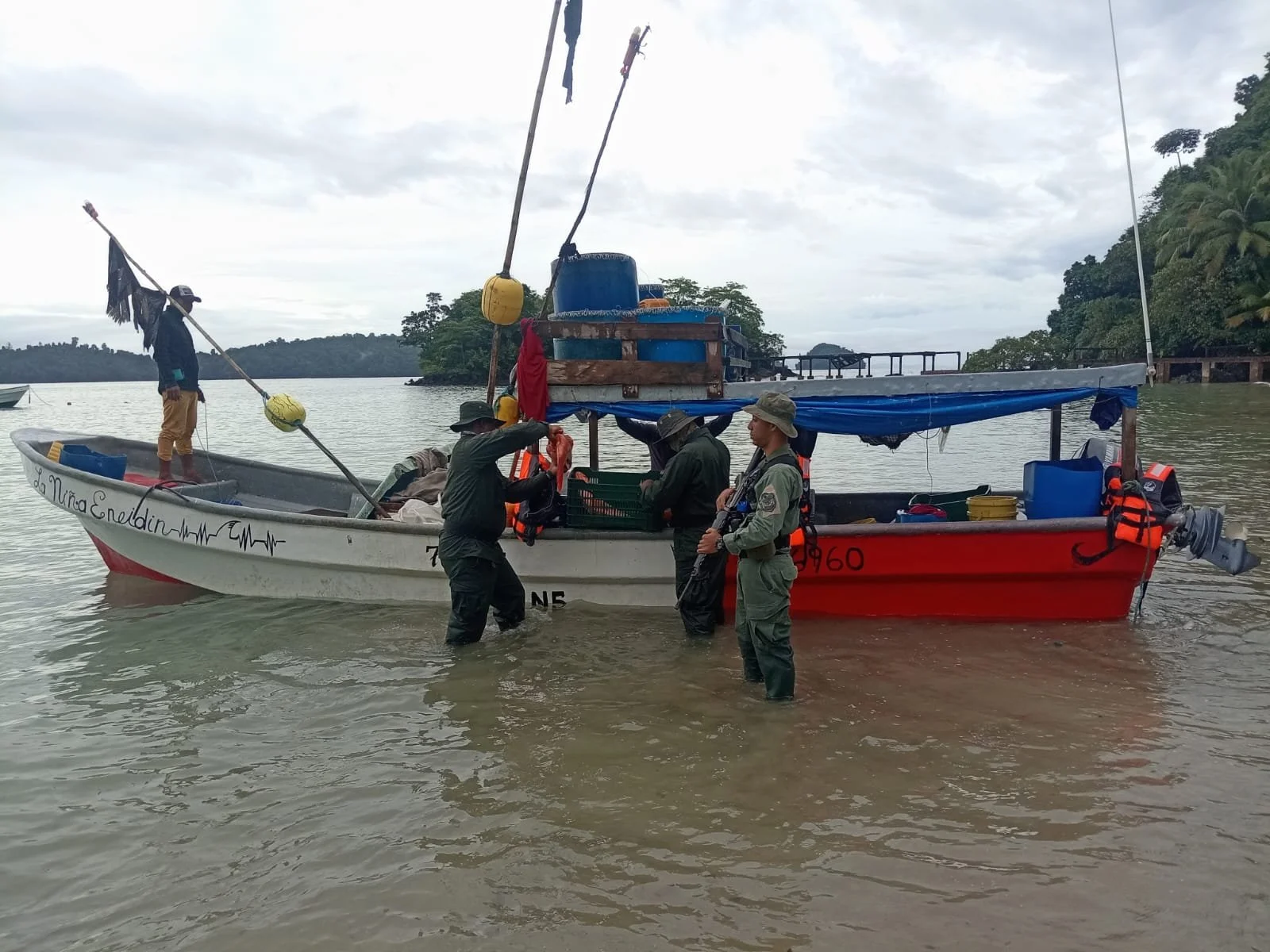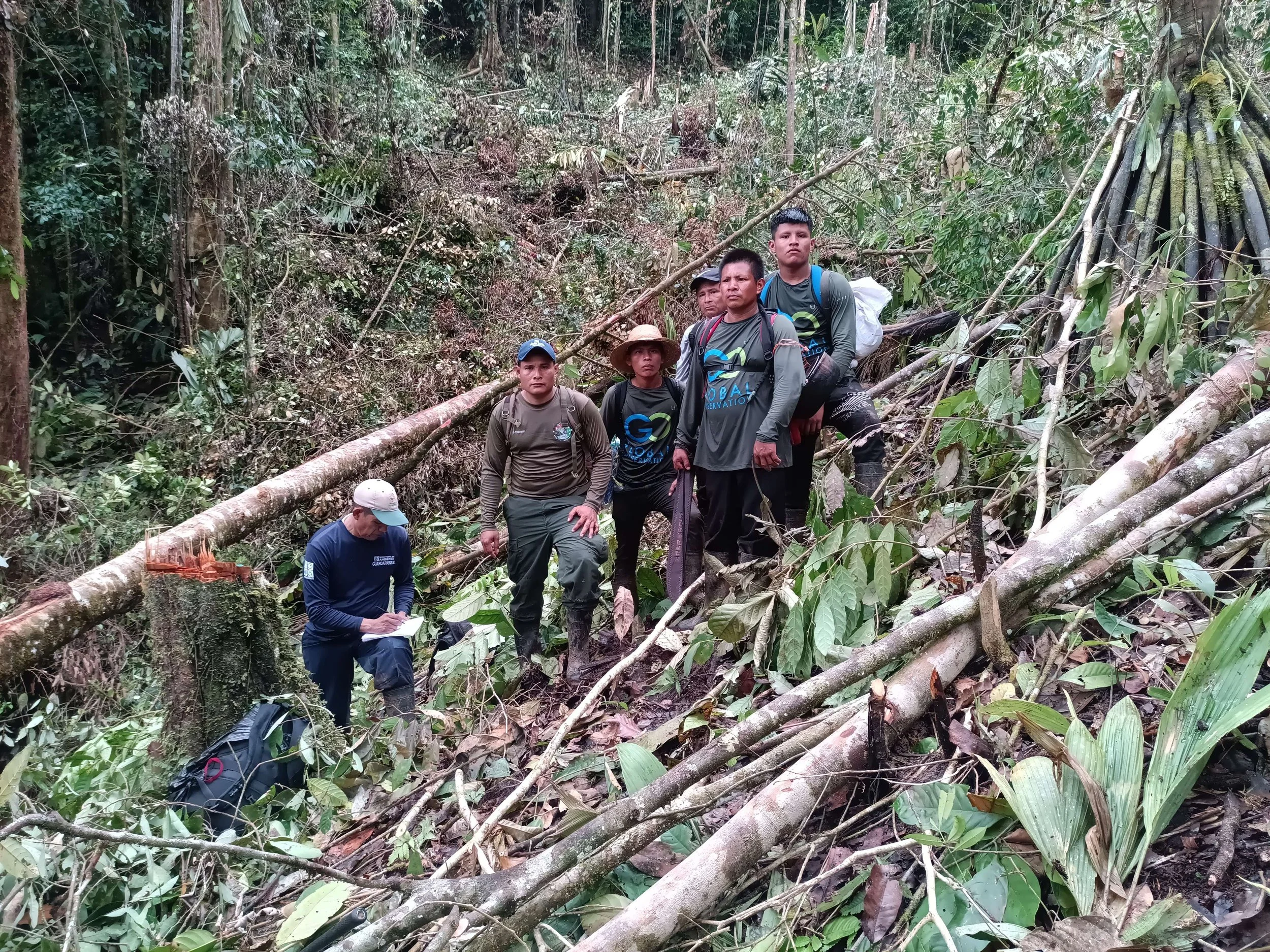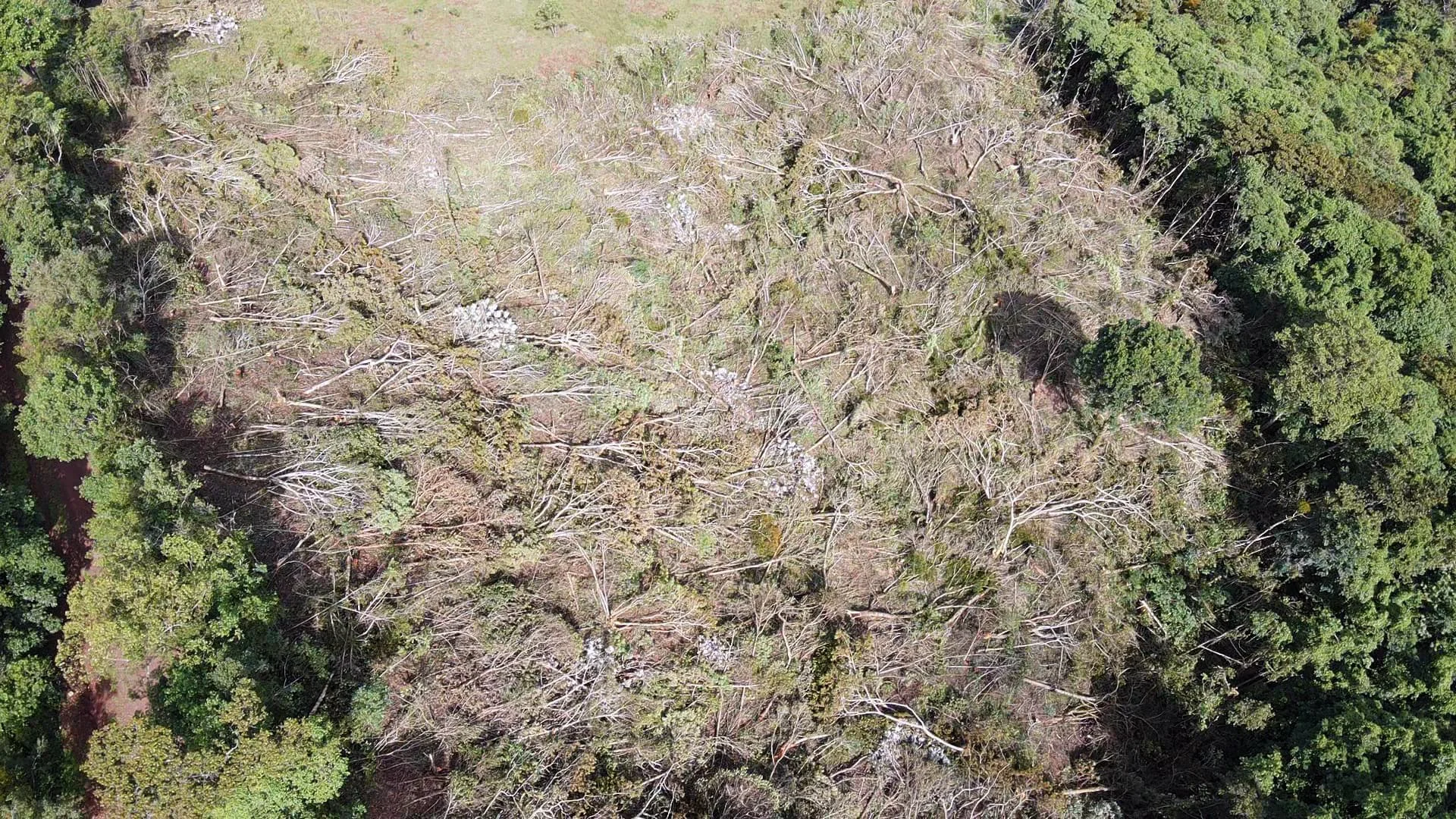Global Conservation and the Government of Panama Sign Historic Agreement for Enhanced National Park and Indigenous Territory Protection
For the first time in twenty years, Panama is securing new funding, Rangers, equipment, and training to protect its most important and endangered ecosystems.
Panama City, Panama—November 7, 2024: Global Conservation (GC) has signed a multi-year agreement with the Ministry of Environment (MiaAmbiente) of Panama to strengthen conservation and stop illegal activities, such as logging and mining, within the country’s largest national parks.
Last week, Panama Environment Minister H.E. Juan Carlos Navarro and Jeff Morgan, Executive Director of Global Conservation, signed an agreement in Panama City that will see GC deploy its Global Park Defense, Community Protection, and Marine Protection in the national parks.
The Environmental Technical Cooperation agreement focuses on Panama’s three UNESCO World Heritage national parks—Darién Biosphere Reserve, La Amistad Biosphere Reserve, and Coiba National Marine Park—as well as the largest Indigenous Territory in Panama—Naso Comarca (which is 300,000 hectares in size).
Covering over 1.2 million hectares in total, Global Conservation will support park and wildlife protection over the next five years in close partnership with the Ministry of Environment. This work will include:
Developing innovative satellite monitoring and park and marine protection systems.
Strengthening technical assistance and international training and support for Panama’s national parks rangers and management.
Deploying advanced technologies for satellite communications, trailcam surveillance, forestry permitting and enforcement, marine radar, and EarthRanger systems.
Plan and carry out integrated patrols with Indigenous Communities and Law Enforcement in three protected areas by land and water routes.
Work together with the local population and other institutions, governmental and non-governmental organizations, to minimize illegal hunting, indiscriminate logging, water pollution, and the land surface of protected areas due to inadequate waste disposal, illegal mineral extraction, burning, and support for the rescue of endangered species.
Strengthen actions to protect the natural resources of La Amistad Biosphere Reserve, Darién Biosphere Reserve, and Coiba National Park in order to safeguard the natural and cultural heritage of these important protected areas.
The Eastern Tropical Pacific Marine Corridor stated, “As part of the agreement, the Ministry of the Environment has committed to adding over 200 new national park rangers, ban logging in the Darién until further notice, and join critical new international treaties for the protection of both marine and forest ecosystems. These treaties include the UN High Seas Treaty and CMAR.”
With few resources for their national parks and indigenous territories available under past administrations and, up to now, rampant corruption in the forestry sector, Panama has lost nearly 10% of its tropical forests in the past 20 years.
Under the leadership of H.E. Juan Carlos Navarro, the former Mayor of Panama City, the Ministry of the Environment has rapidly taken action against illegal logging and land clearing. They have also secured international support for their efforts to reduce deforestation, illegal logging, mining, and illegal fishing in their remaining forests and marine ecosystems.

